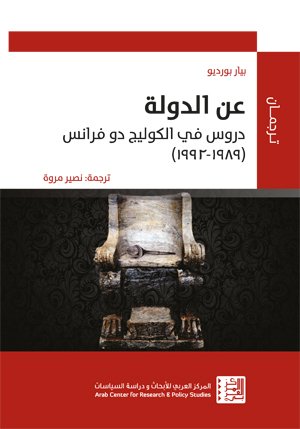Description
Editorial Reviews
Review
“This is a major book for the social sciences. Unlike the majority of books on the state, it actually provides a basis for future empirical work on how states operate. Of the three kinds of books that have relevance for the academic reader—books to skim, books to read, and books to study—it is emphatically a book to study. One that is bold, profound and enlightening.”
European Journal of Sociology
”The state is this institution that has the extraordinary power of producing a socially ordered world without necessarily giving orders, without exerting a constant coercion there isn?t a policeman behind every car, as people often say. This kind of quasi- magical effect deserves explanation. All other effects; military coercion, economic coercion by way of taxation are in my view secondary in relation to this. I believe that the initial accumulation, contrary to what is maintained by a certain materialist tradition (materialist in the impoverished sense of the term), is an accumulation of symbolic capital: the whole of my work is intended to produce a materialist theory of the symbolic, which is traditionally opposed to the material.”
Pierre Bourdieu
“This enormous collection of lecture notes could make you feel lost in different countries and different historical periods, but it is successful in sounding very coherent with a very fluent narrative, and it is not distracting for the reader. These lectures certainly present an illuminating and broad content that any social scientist – not necessarily political scientists – should benefit from when reading this book.”
Political Studies Review
“Bourdieu’s insights break fresh ground in the critical understanding of the state and its perpetration of power.This book impels us to consider the state in its all nuances, while unworking the constructivism immanent in its normativization, and should be of interest to social and political scientists.”
Avishek Ray, Rouya Turkiyyah
About the Author
Pierre Bourdieu (1930-2002) was one of the most influential sociologists and anthropologists of the late twentieth century. He was Professor of Sociology at the Collège de France and Director of Studies at the École des Hautes Etudes en Science Sociales. His many works include Outline of a Theory of Practice, Distinction: A Social Critique of the Judgement of Taste, The Rules of Art, The Logic of Practice and Pascalian Meditations.
 العربية
العربية  English
English 




